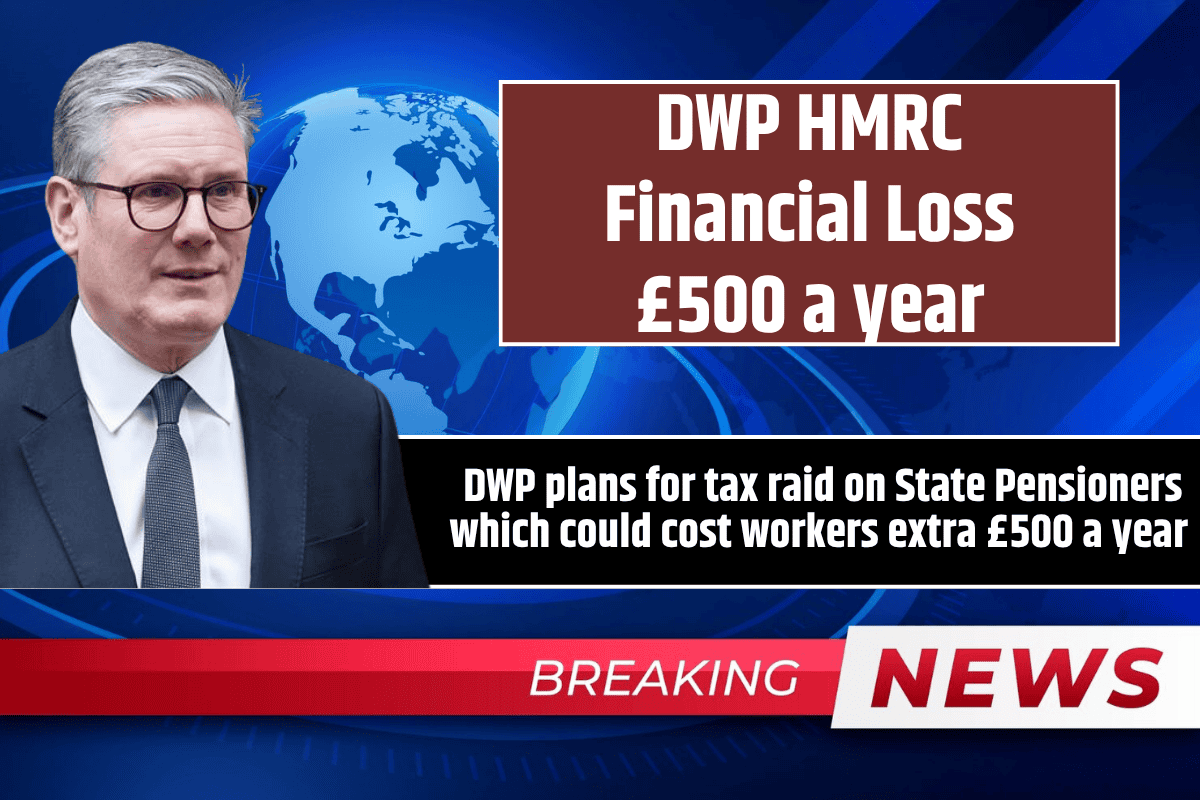Millions of UK workers saving for retirement through their company’s salary sacrifice pension schemes could soon face a hidden tax hit. New research by HMRC has sparked concerns that changes may be coming, which could cost average earners over £500 per year in extra tax and National Insurance.
These potential changes come as the Government faces pressure to fill a major gap in public finances—caused by recent budgets and global economic challenges. Experts are now warning that a major shake-up in how workplace pensions are taxed could be one of the solutions on the table.
What Is Salary Sacrifice?
Salary sacrifice is a way for employees to pay into their pension before income tax and National Insurance are deducted. This means they save money now, and build up a larger retirement fund over time.
Half of all UK employers offer salary sacrifice schemes. Many workers use it to save more efficiently for retirement—especially higher earners trying to avoid steep tax thresholds.
Why Is HMRC Reviewing It?
The review comes as the government looks for ways to raise more money. According to HMRC documents, officials are exploring changes to how tax relief works on salary sacrifice pension contributions.
They consulted 51 companies, including 41 that already offer such schemes. The companies were asked to give feedback on three options that could change how these tax savings work.
The Three Options Being Considered
Option 1: Remove both income tax and National Insurance savings.
This would cost someone earning £35,000 around £560 more per year, and their employer an extra £241.
Option 2: Remove only the National Insurance benefit.
This would cost employees £210 and employers £241 more each year.
Option 3: Keep tax breaks up to £2,000 of salary sacrificed, but remove National Insurance relief beyond that.
Someone earning £45,000 would pay about £30 more per year, and their employer £34.
Most employers were strongly against all three changes, saying it could make salary sacrifice schemes less attractive or even unworkable.
What the Experts Say
Sir Steve Webb, former pensions minister, said the consultation shows the government is seriously thinking about this as a way to raise money. Jonathan Watts-Lay, from financial wellbeing firm Wealth at Work, called it a “stealth tax” that could hurt workers either now or when they retire.
He explained: “Either you pay more today to keep your pension savings the same, or you save less and have a smaller pension later.”
Labour’s Position and Political Pressure
Chancellor Rachel Reeves is under growing pressure to find more money for benefit increases and other spending promises. Restoring winter fuel payments for pensioners and scrapping the two-child benefit cap could cost billions.
While Labour has pledged not to raise income tax, National Insurance, or VAT, experts say they may have no choice. The National Institute of Economic and Social Research says Reeves may need to raise between £10 billion and £30 billion in her next Budget.
The future of salary sacrifice tax perks is uncertain, but a review is clearly underway. If the government decides to cut or remove these benefits, millions of savers could be affected. Workers may have to pay more now to protect their retirement savings—or face smaller pension pots later. For now, the Treasury says nothing is confirmed, but it’s wise for savers to stay alert as the autumn Budget approaches.
FAQs
What is salary sacrifice for pensions?
Salary sacrifice allows employees to give up part of their salary in exchange for pension contributions, helping them save on income tax and National Insurance.
Why is HMRC reviewing salary sacrifice schemes?
HMRC is exploring changes as the government looks for ways to raise revenue. Reforming salary sacrifice could help fill a major gap in public finances.
How much could the proposed changes cost workers?
Average earners could lose around £500 per year, depending on the changes. High earners might lose more, and employers could also face higher costs.
Are these salary sacrifice changes confirmed?
No, the government has not confirmed any changes. These are part of a consultation and research process to assess the impact of possible reforms.
What could happen to my pension if tax reliefs are removed?
You may need to contribute more from your take-home pay to keep your pension savings the same, or accept a smaller pension in retirement.
